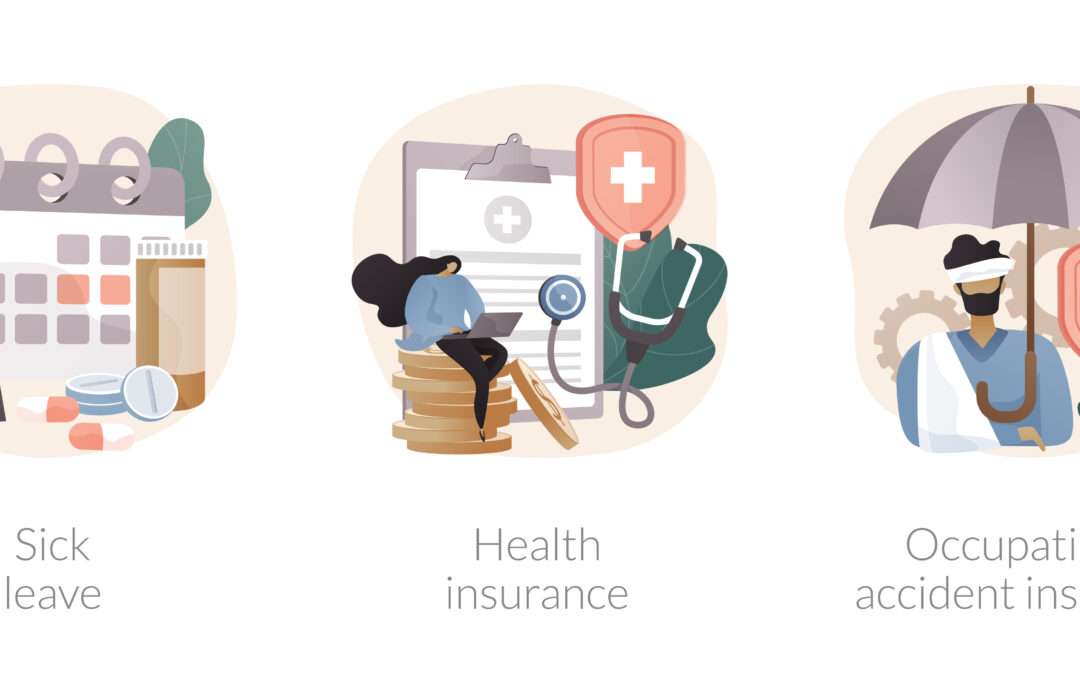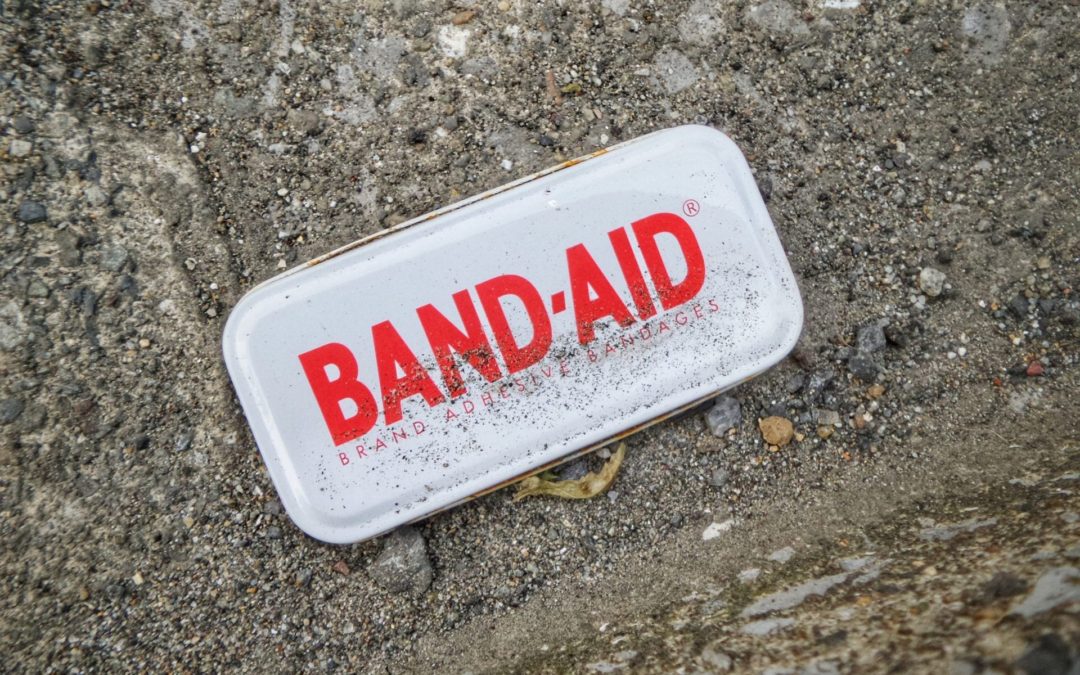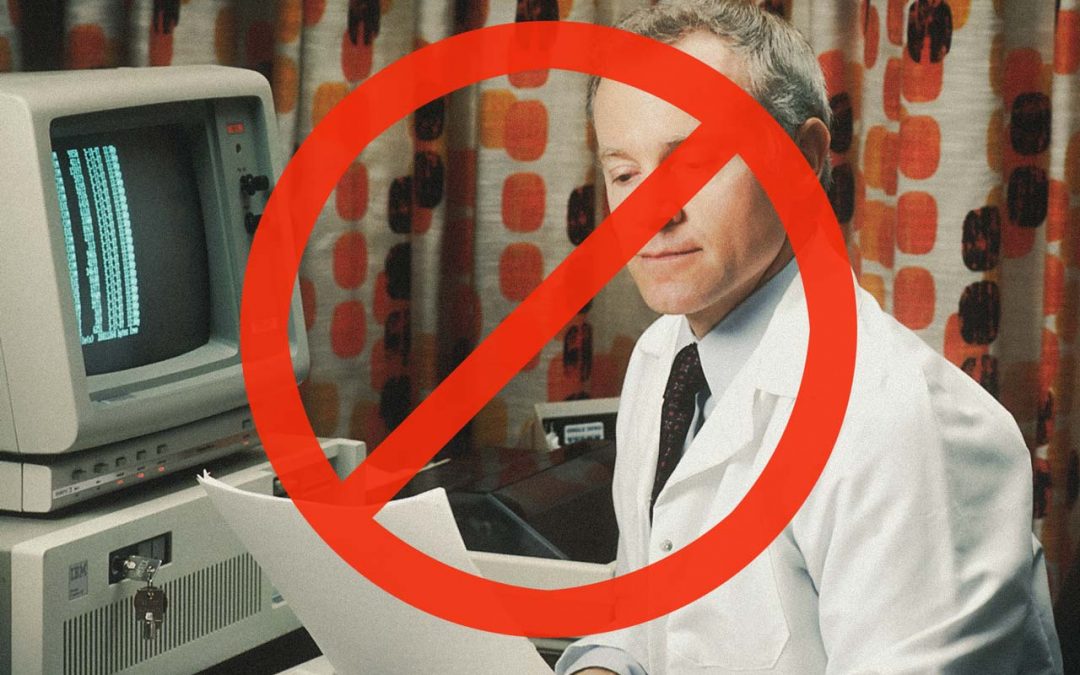Continuing the saga of Real Time and PointClickCare in the battle of the bots, the U.S. 4th Circuit recently affirmed a preliminary injunction granted in favor of Real Time against PointClickCare, finding, among other things, that PointClickCare was unable to meet a burden of proof that it met its claimed Exceptions to Information Blocking. Therefore, documentation will be critical for actors who may find themselves having to defend similar claims.













